Kushal is that rare human being, who constantly checks for his own biases. His open mindedness coupled with his deep erudition and even deeper curiosity have turned him into a learning machine, but one which never loses the virtue of ...
Congrats Kushal on the new website. I am reminded of our conversation on your podcast where you gave a patient ear. I hope your website gives an outlet to a lot of good ideas and opinions that’s out there on ...
It is always enriching to speak to Kushal. His ability to let his guests speak without fussing too much about political correctness or incorrectness is the skill which is needed today to allow conversations to enrich democracy. I wish Kushal ...
It’s been an honor and a pleasure being on Kushal’s podcasts. Polymaths are really quite rare, in this era of attention-deficit and polarization. It is therefore an absolute joy debating with and learning from Kushal Mehra. I pray that his ...
The Carvaka podcast is one of the most intriguing and transdisciplinary outlets out there, genuinely platforming a wide array of sophisticated and interesting points of view. No matter what side of the political spectrum you are on it, the podcast ...
The Caravaka podcast created by Kushal Mehra is a unique, market-leading idea in India. While we celebrate the idea of democratized media, very few people have gone on to institutionalize their point of view. It is not just important to ...
My first interaction with Kushal was on his podcast about Sabarimala. Initially apprehensive and colored by my previous experiences speaking to rationalists about temples &faith, I was guarded. But the 5 minutes of prep before the podcast broke the ice ...
There are three things that I love about Kushal. He is always authentic, he is always open to hearing and discussing viewpoints that are not in sync with his own beliefs and he is always willing to laugh at himself. ...
On 22nd August Quillette Magazine published an article on the subject of “Cultural Appropriation” which was written by Neema Parvini. Neema Parvini makes a passionate case for intercultural exchanges where she states a wide range of examples of wonderful cultural exchanges that ...
A long time ago there was a town called “Innocence”. It was a small town with a very well knit and cohesive community. The citizens of Innocence believed in “live and let live”. If someone fell sick each member of ...

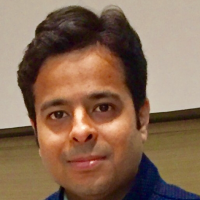

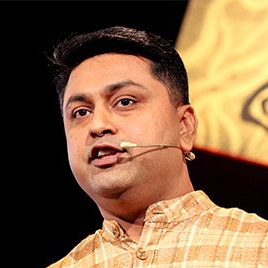
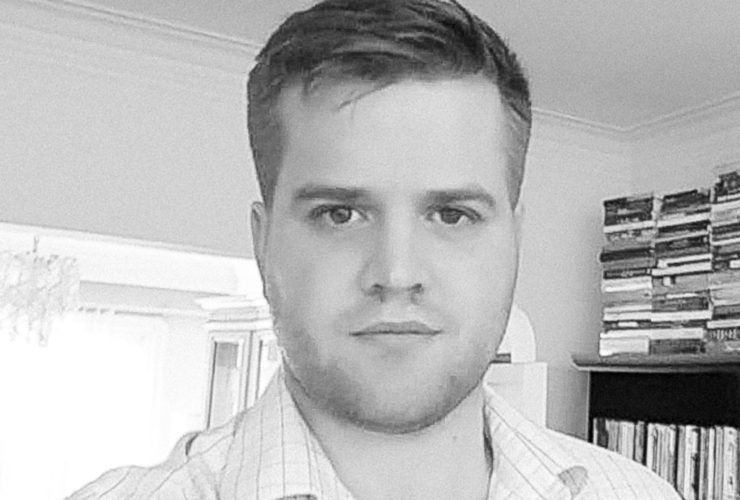

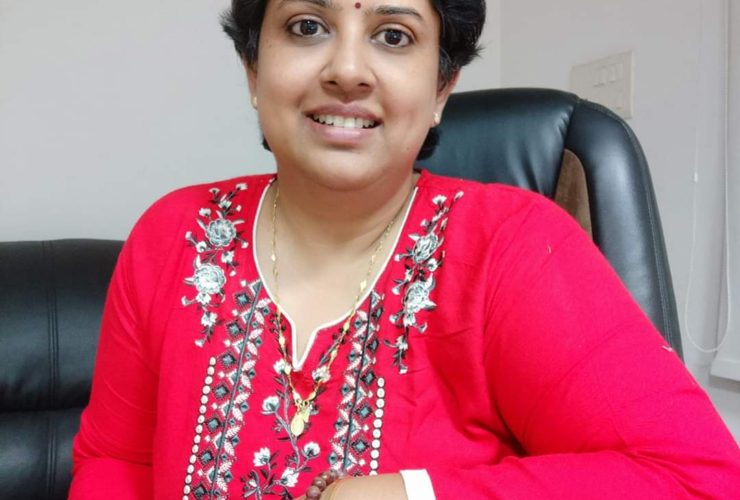
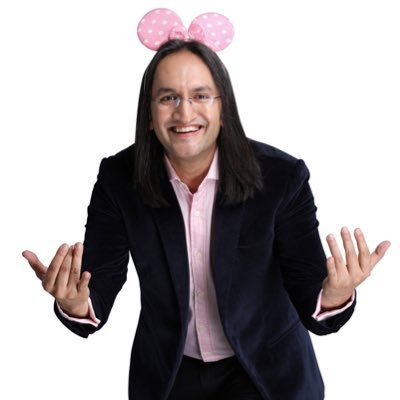
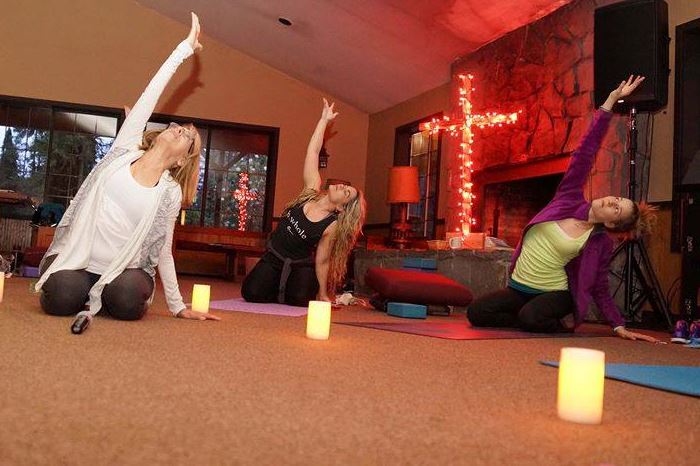
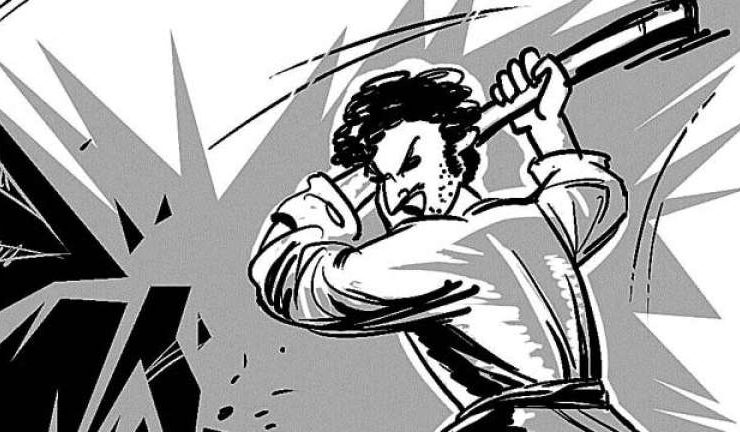
Connect With Me